Publications
Articles, publications, books, tools and multimedia features from the U.S. Institute of Peace provide the latest news, analysis, research findings, practitioner guides and reports, all related to the conflict zones and issues that are at the center of the Institute’s work to prevent and reduce violent conflict.
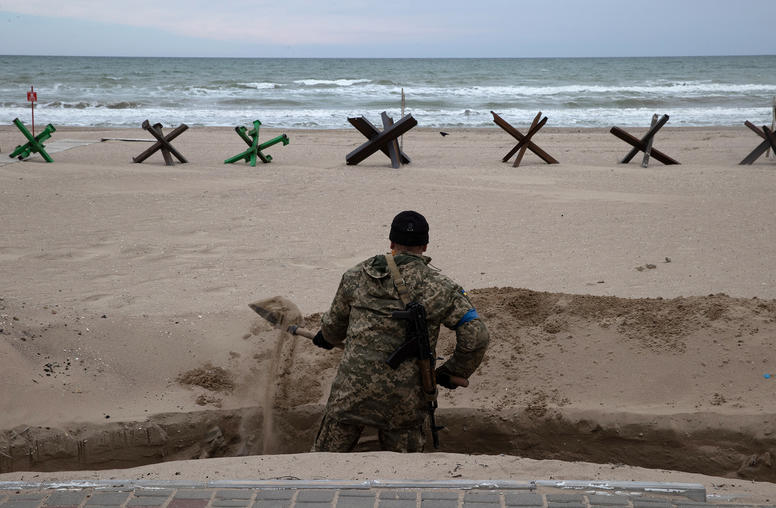
How the Kremlin Distorts the ‘Responsibility to Protect’ Principle
As Russia’s war against Ukraine moves into its sixth week, one of Moscow’s justifications for its unprovoked act of aggression against its western neighbor rests on its claimed right to protect ethnic Russians from discrimination in foreign countries. The Kremlin has tried to base this assertion on the language of fighting genocide and the United Nations’ principle of “Responsibility to Protect” (R2P). Russia has distorted those principles, twisting them instead to justify its intervention in the internal affairs of countries such as Estonia and Kazakhstan and, in the case of Ukraine, outright invasion. It also has bent the notion of Russian citizenship to justify its malign influence and use of force against other countries.
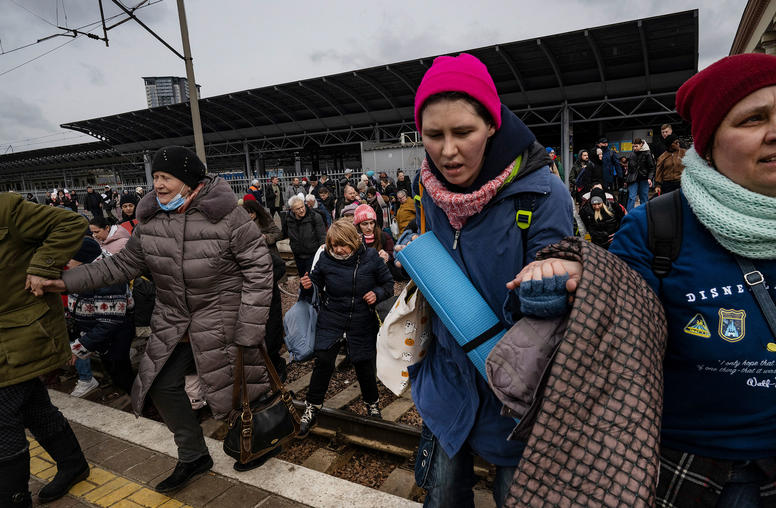
Support Humanitarian Corridors and a Humanitarian Pause in Ukraine
As Russia’s war against Ukraine enters its second week, the world is witnessing a mounting humanitarian disaster as civilians attempt to leave the country for safety and refuge. Images of indiscriminate Russian airstrikes and the dead bodies of soldiers and civilians are flooding social media and the internet throughout the world.
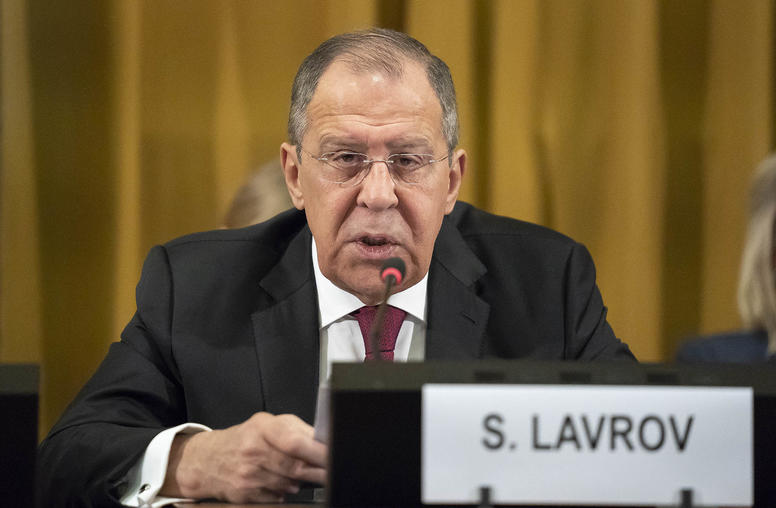
Amid War in Ukraine, Russia’s Lavrov Goes on Diplomatic Offensive
As Russia’s unprovoked and illegal war against Ukraine enters its seventh month, the Russian government continues its diplomatic offensive to prevent more countries from joining international condemnation and sanctions for its military aggression. Between July and August, Russia’s Foreign Minister Sergey Lavrov traveled to Egypt, Ethiopia, Uganda, the Republic of Congo, Myanmar and Cambodia — the last as part of the Association of Southeast Asian Nations (ASEAN) Foreign Ministers’ Meeting. This tour represented an evolving reorientation of Russian foreign policy from Europe to the Global South that has accelerated since Russia’s first invasion of Ukraine in 2014.
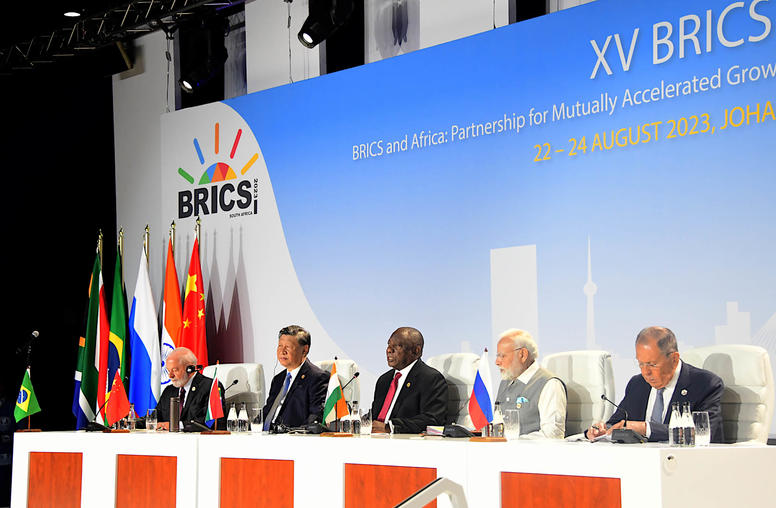
What BRICS Expansion Means for the Bloc’s Founding Members
After more than 40 countries expressed interest in joining, the question of whether BRICS would admit new members was finally answered during the group’s summit last week. Despite pre-summit reports of division over the potential expansion, leaders from the five-nation bloc announced that Saudi Arabia, Iran, Ethiopia, Egypt, Argentina and the United Arab Emirates (UAE) would join the group starting in 2024.
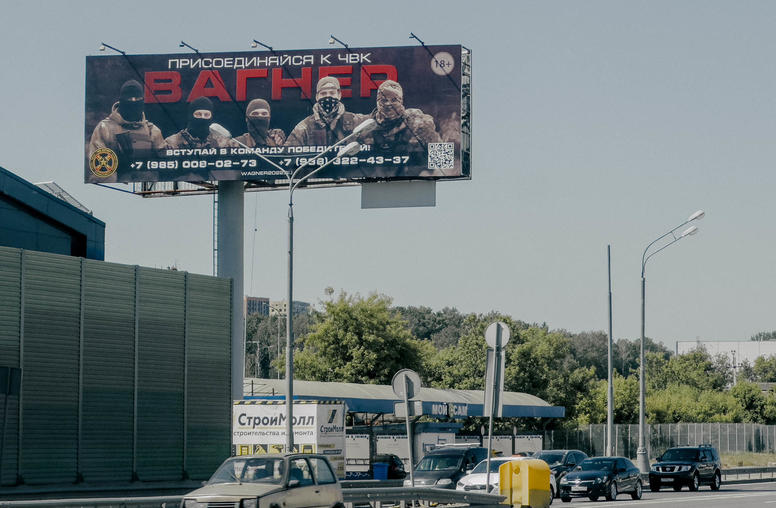
Russia’s Africa Summit — and a Future for Wagner
Ever since Russia’s Wagner mercenary group jolted Vladimir Putin’s regime with its brief mutiny in Russia, foggy uncertainty has surrounded Wagner’s future roles — whether domestically, as part of Putin’s web of armed forces, as a fighting force in Ukraine, or as a Kremlin tool of influence and profit in Africa. The past week offers the most prominent sign yet of how Wagner’s flamboyant chief, Yevgeniy Prigozhin, is pressing to retain an African role. While mostly shoved out of public view, Prigozhin was able to appear at Putin’s Russia-Africa Summit to meet African contacts and re-declare his relevance.
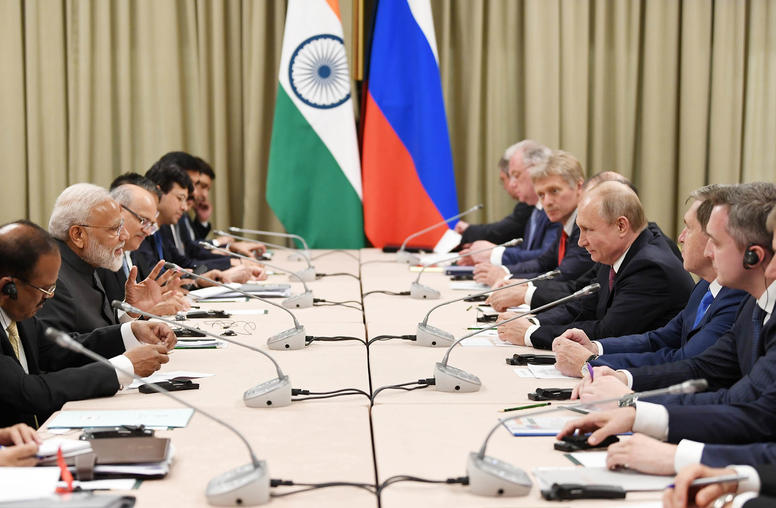
The Limitations of India and Russia’s Transactional Relationship
Since Russia’s unprovoked invasion of Ukraine in February 2022, it might seem as though ties between India and Russia have strengthened. While much of the West isolated Russia, India-Russia energy trade spiked, and India made efforts to accommodate Russia on the world stage. The two countries have also had visible public exchanges, such as a mid-January phone call between Indian Prime Minister Narendra Modi and Russian President Vladimir Putin and Indian External Affairs Minister S. Jaishankar’s trip to Moscow at the end of 2023.
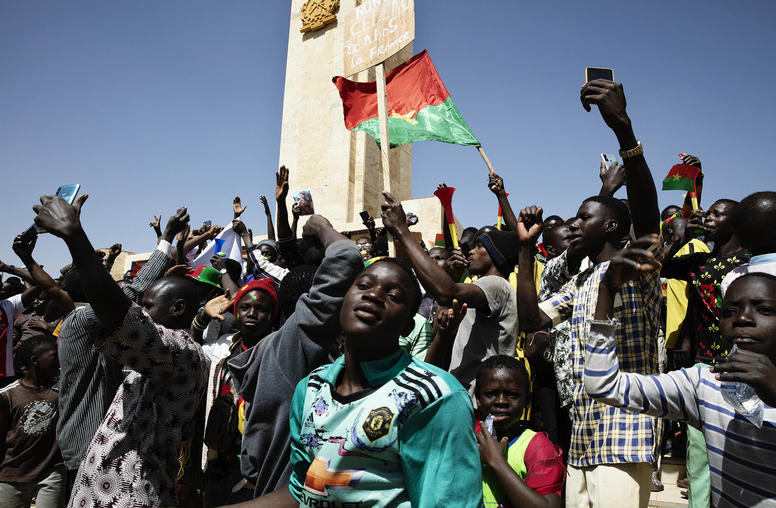
For Peace in Sahel, African and U.S. Experts Urge Focused Partnership
The past month has sharpened a decade-old question for U.S. and international policymakers: How best, in 2024, to help stabilize what is now the world’s largest single zone of military rule and violent conflicts — Africa’s Sahel region? After three military-ruled Sahel states withdrew from the West African regional community in January, those juntas last week proclaimed an alliance aimed at resisting international pressures, including those for their return to elected civilian rule. Former U.S. and African officials yesterday urged what they called vital changes in U.S. and allied policies to prevent a dangerous spread of the Sahel’s crises.

Thomas Sheehy on U.S. Investment in Africa’s Critical Minerals Infrastructure
Everything from the economy to national security depends on critical minerals like cobalt — which has prompted immense U.S. investment in Africa’s mining infrastructure, says USIP’s Thomas Sheehy: “Africa is seen as a continent where we can start to very slowly move away from our overdependence on China for critical minerals.”
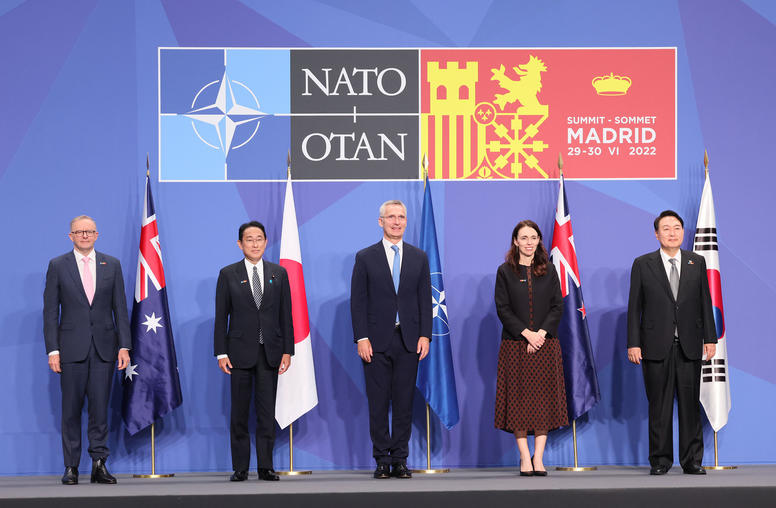
Report of the Expert Study Group on NATO and Indo-Pacific Partners
The North Atlantic Treaty Organization (NATO) and its four partner countries in the Indo-Pacific—Australia, Japan, the Republic of Korea (ROK), and New Zealand—have entered a period of increased engagement. This engagement is taking shape in the context of the war waged by the Russian Federation (Russia) against Ukraine, NATO’s growing awareness of the security challenges posed by the People’s Republic of China (China), and important structural changes in the international system, including the return of strategic competition between the United States and China and Russia. It is occurring not only in bilateral NATO-partner relations but also between NATO and these Indo-Pacific countries as a group.
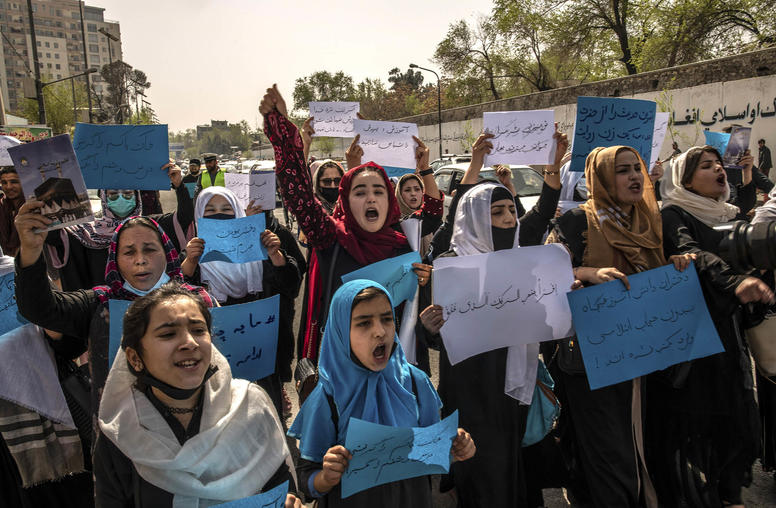
The Taliban Continue to Tighten Their Grip on Afghan Women and Girls
Since the Taliban’s August 2021 takeover of Afghanistan, they have ratcheted up restrictions on women and girls as the group consolidates power. These restrictions include limitations on employment, education, public interactions and other fundamental rights such as access to justice. These restrictions have only tightened over time with increasingly draconian enforcement — the latest being public floggings that harken back to the Taliban’s 1990s rule. Amid the U.N.’s 16 Days of Activism against Gender-Based Violence, USIP has compiled a comprehensive archive of Taliban decrees and public statements on the treatment of women and girls. While leaders and activists around the globe strategize and develop plans to address gender-based violence in their respective countries, Afghanistan stands out as a worst-case example, with two decades of hard-won progress rapidly unwinding.